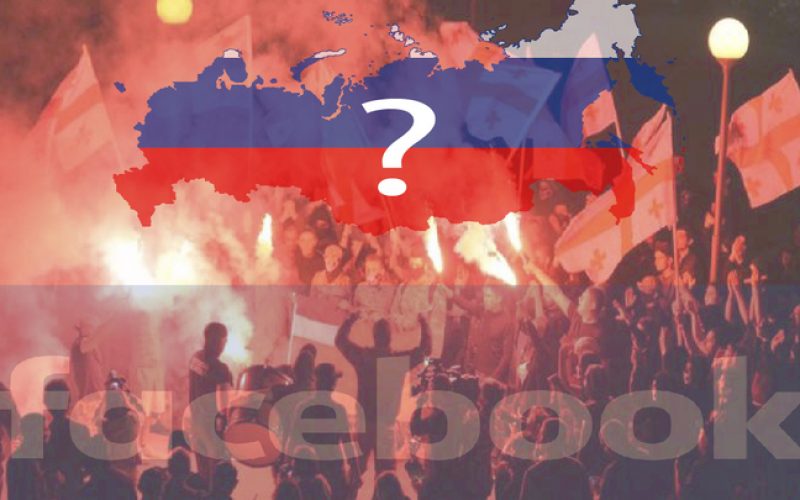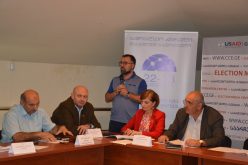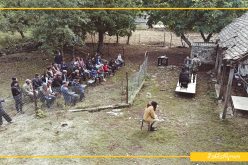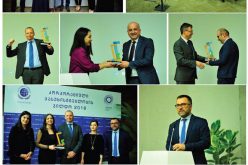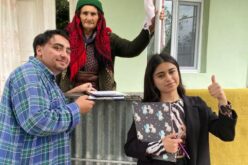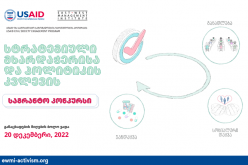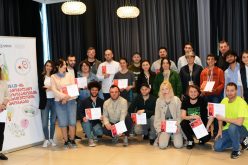In August, EWMI ACCESS grantees have continued to intensively monitor social media, in order to identify and restrict hostile foreign interference and inauthentic coordinated behavior aiming to influence voters through disinformation and fake news in the pre-election period.
The International Society for Fair Elections and Democracy (ISFED) published its findings, which resulted in uncovering 34 propaganda pages on Facebook which had over 523,189 followers in total. Linked with the far-right and pro-Russian info-portal ‘Alt-Info’, these pages engaged in inauthentic coordinated behavior and spread anti-Western and pro-Russian narratives, instigating divisionism and antagonism within the Georgian society.
Another report published by ISFED points to a network of Facebook pages operating in favor of the opposition party ‘Alliance of Patriots’. These pages, apart from campaigning for this party, are engaged in discrediting and shaming of the government, the ruling party and other opposition parties. ISFED submitted relevant evidence and information to Facebook, advocating the removal of these pages.
Starting from August 2020, ISFED is releasing weekly reviews of key messages and narratives used by certain Facebook pages to discredit political subjects and parties. For more information and names, visit www.disinfoobserver.ge.
Parallel to ISFED’s monitoring, another EWMI ACCESS grantee, the Atlantic Council’s Digital Forensic Research Lab (DFRLab) published a new research article where 21,470 Facebook posts of the 10 most popular far-right groups in Georgia were analyzed. The purpose of the research was to examine their attitudes and discourse towards Russia and assess potential of Russia in mobilizing these groups to influence the election processes in Georgia. While the results show that almost 60% of these posts exhibit negative attitudes towards Russia, as Russia’s occupation and historical tensions form the basis of a strong nationalistic stance, the ideology of these groups closely match Kremlin’s internal and foreign policy: the posts largely condemn liberalism, oppose progressive reforms and criticize Georgia’s Western allies. Additional research and study is needed in order to understand whether criticism of Russia is part of an honest behavior or a tactic used to attract a wider audience.



